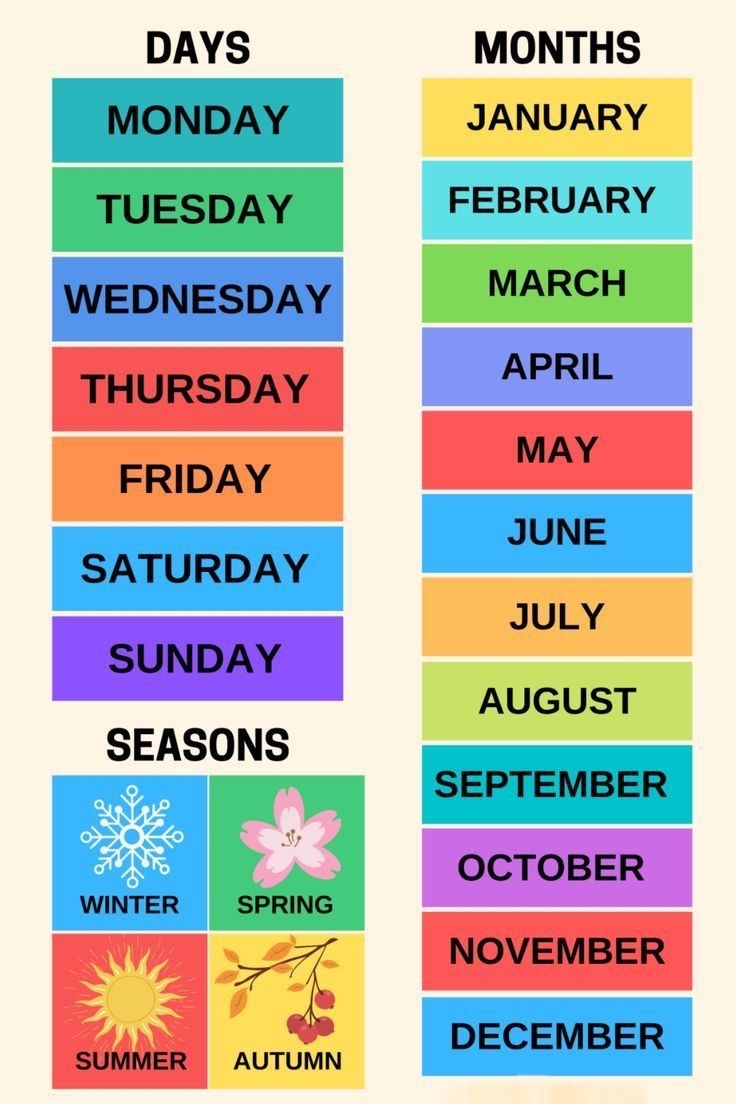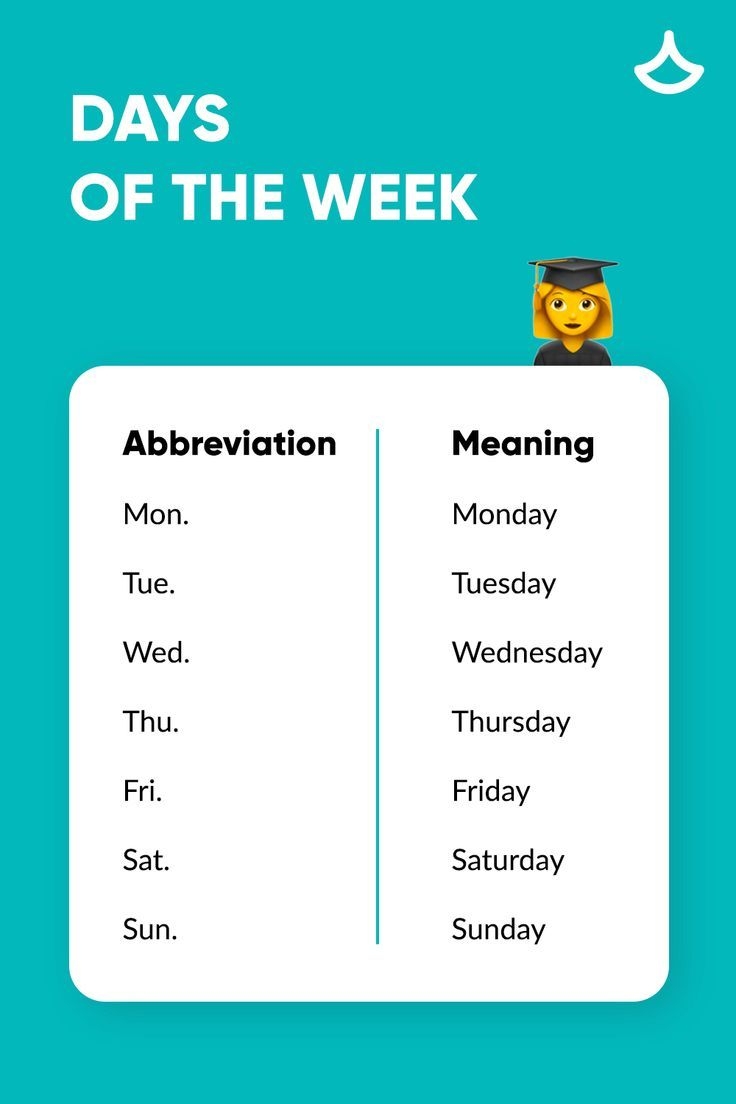Do you ever stop to think about the days of the week in English? We use them all the time, but where do they come from? Let’s take a closer look at the origins of the days we know so well.
Each day of the week has its own unique name and history. From Sunday to Saturday, these names have roots in ancient mythology, astrology, and religion. It’s fascinating to see how these names have evolved over time.

days in a week in english
Days in a Week in English
Sunday is named after the Sun, Monday after the Moon, Tuesday after the Norse god Tyr, Wednesday after the Norse god Odin, Thursday after the Norse god Thor, Friday after the Norse goddess Frigg, and Saturday after the Roman god Saturn.
These names have been passed down through generations and are now an integral part of our daily lives. They help us keep track of time, plan our schedules, and organize our activities. Without the days of the week, life would be chaotic!
So next time you glance at your calendar or set a reminder on your phone, take a moment to appreciate the history behind the days of the week in English. It’s a reminder of the rich tapestry of culture and tradition that shapes our world.
Whether you’re looking forward to a lazy Sunday or gearing up for a busy week ahead, the days of the week in English play a crucial role in our lives. So let’s raise a toast to Sunday, Monday, Tuesday, and all the rest – they make our world go round!

How To Write Seven Days Of The Week Days Of The Week In English Days Name With Spelling YouTube

Days Of The Week In English Vocabulary

Days Of The Week In English English Study Page

Days Of The Week Pronunciation Lesson British English YouTube

